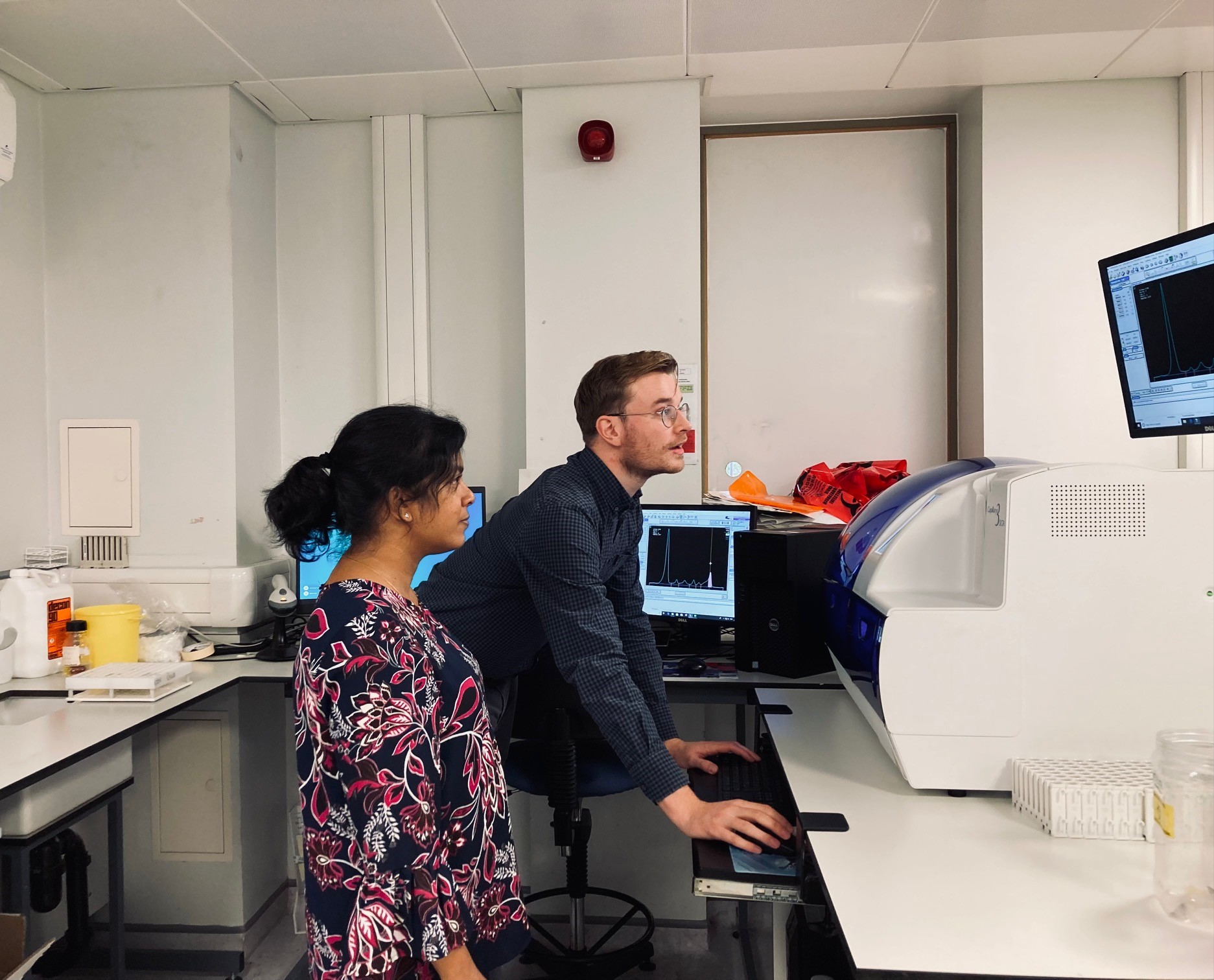 Allergy, Clinical and Laboratory Immunology (ACLI)
Allergy, Clinical and Laboratory Immunology (ACLI)
and
Allergy and Clinical Immunology (ACI)
There are two training pathways in allergy and clinical immunology:
- Allergy, Clinical and Laboratory Immunology (ACLI)
- Allergy and Clinical Immunology (ACI)
The former incorporates specific laboratory training with the latter being purely clinical.
Clinical immunologists and allergists manage a range of conditions affecting the immune system including allergic diseases, primary and secondary immunodeficiency. As a clinical immunologist your work load will mainly be focused on out-patients, however it is not uncommon to be asked to review patients on the ward. Clinical immunologists and allergists work collaboratively with a range of other specialists including respiratory medicine, gastroenterology and ENT. The laboratory aspect of training will encompass result interpretation and validation, clinical liaison and laboratory management and governance.
Clinical Immunology is a 5-year training programme. This begins with entry at ST3 level. The requirements for entry into ACLI/ACI are:
Completion of the foundation programme and one of the below core training programmes:
•Internal Medical Training (IMT) - two years
•Acute Care Common Stem - Internal Medicine (ACCS-IM) - three years
•Paediatric level 1 training - three years
ACLI/ACI trainee characteristics
ACLI/ACI will particularly suit trainees who enjoy:
- Varied and challenging work
- Thinking laterally about complex cases
- Problem solving
- Innovative treatments
- Communicating and working with other specialties
- Laboratory medicine
Why ACLI/ACI?
Reasons to consider ACLI/ACI are:
- New and expanding speciality
- Intricately linked to cutting edge science
- Investigation and management of patients with multi system disorders. It is interesting and intellectually challenging.
- Close working with the multi-disciplinary team
- Continuous life-long learning and development
- Potential for research and academic development, including opportunities to pursue a higher degree
- Opportunities for teaching
- Good work life balance, as a predominantly outpatient based specialty
- Available consultant posts/opportunities for career progression
HEE WM & Rotations
Depending on availability, specialist trainee posts are located at University Hospitals Birmingham, Heartlands site or University Hospitals of North Midlands NHS Trust with an academic trainee post at the QEH site.
Clinical training will also incorporate attachments in allied disciplines including Rheumatology, Haematology, Dermatology, Respiratory Medicine and Transplant Medicine.
A day in the life of a clinical immunology trainee
During an average week, ACLI/ACI trainees can expect to participate in:
- Direct clinical work: allergy and immunology clinics, patients review at day unit and ward reviews. Trainees will also attend multi-professional and multidisciplinary team meetings and be active in local specialist networks
- Laboratory time: learning about laboratory work, authorising results, liaison with other specialists
- Audit or research
- Personal study time
There is scope for both full time and less than full time training.
The trainees are encouraged to carry out research projects, publications and teaching. In addition there are great opportunities to undertake a higher degree.
Curriculum
The curricula are available at
https://www.jrcptb.org.uk/specialties/immunology
https://www.jrcptb.org.uk/specialties/allergy
Assessment and Examinations
Assessment is via a standard ARCP process. The NHS e-portfolio is used to document a variety of learning events ensuring the trainees satisfactory progression.
Examinations
Fellowship of the Royal College of Pathologists Examinations in Immunology
Learning opportunities
- Formal national training is provided by The Association of Clinical Pathologists
- Local training in the trainees hoist centres
- Increasing use of virtual learning environments
- Local and national meetings